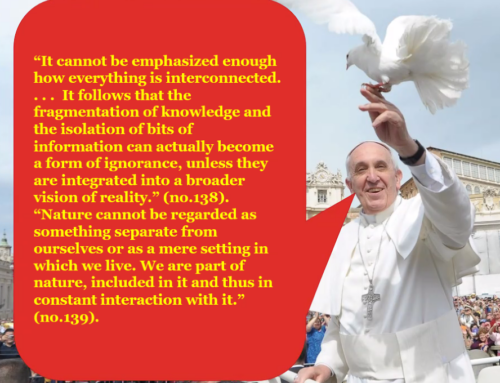My clients know how I think about mental health, and psychotherapy. They know precisely what we are doing in therapy, and what they are there to achieve. My work is grounded in good science, and my clients are always in charge of all aspects of their therapy process. I keep no knowledge to myself. Everyone deserves to know what I know (and far beyond), especially when it concerns their wellbeing.
Therapy done properly, is respectful, and to be respectful, it has to take into account the whole person. It should not see clients, human beings, as ‘broken objects with problems’, nor therapy as a process that somehow ‘fixes’ them. Clients should not be reduced or fragmented into ‘symptoms’. Good therapy has to be humble enough to recognise the obvious: That we do not, in fact, know what, or why we are.
No therapist (or human being), no matter how educated, talented, insightful, or skilled, can truly understand their clients (or other human beings, for that matter). We are complex systems, and we exist within, and as parts of other complex systems, that for now we are unable to grasp, and perhaps never will. When it comes to complex systems, the whole is always bigger than the sum of its parts. Our current science is not even close to grasping all the ‘parts’ that make us what we are, let alone how they interact.
My understanding of psychotherapy and mental health is grounded in humanistic, and existential psychologies. The humanistic and existential schools in psychology are well-established. They had a profound, albeit fleeting, and severely diminishing, impact on how psychotherapy is taught and practised.

